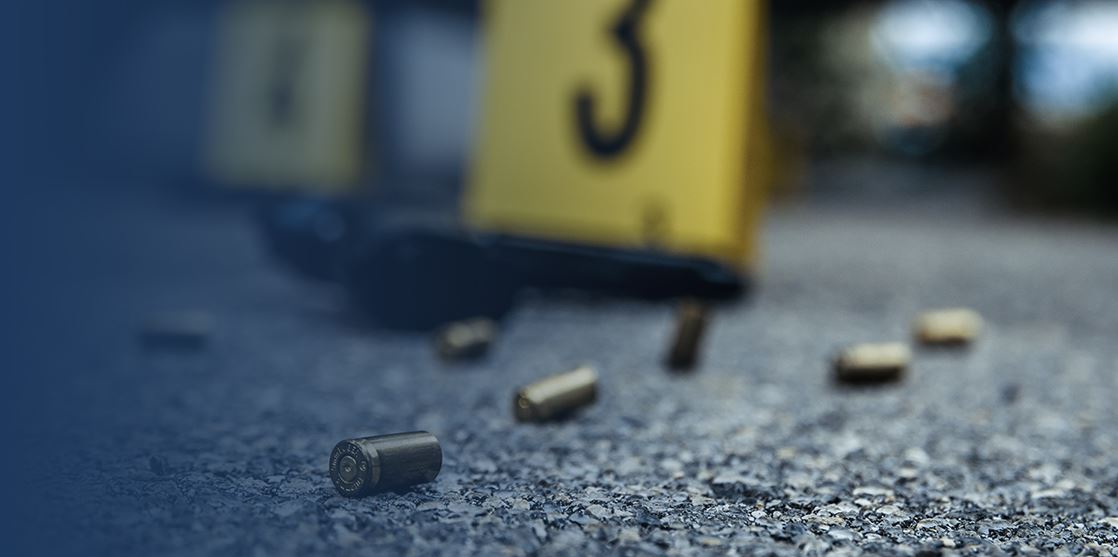Our justice system is based on “reasonable doubt.” A jury must be 100% certain of someone’s guilt before convicting them. This is a high bar, designed to give citizens the best chance against bias and corruption.
Even the most reasonable people, however, can be swayed in a criminal trial. Defendants are often convicted of crimes they did not commit. The system understands this possibility, and it allows people another chance, even when they’ve already been tried and found guilty.
If you’ve been falsely convicted of a crime, you can appeal this decision to a higher court. In Nevada, you have a few options to challenge a wrongful conviction.
Appealing a Decision
Nevada has a specific chain of appeals, depending on the source of your conviction.
- Justice court or municipal court appeals go to the District Court.
- District Court appeals go to the Nevada Supreme Court.
Appeals are like a trial on paper. Your attorney must collect all the necessary evidence and present them in documents. These documents must outline what, exactly, went wrong with the trial. Many appeals are thrown out, simply because they are poorly written or don’t present a clear argument. You need a good attorney who can write a clear, reasoned appeal in your case.
There are many justifiable reasons to appeal your conviction, such as:
- The sentence was cruel and unusual.
- The prosecution’s evidence does not support a guilty verdict.
- The court did a poor job, violating procedure or your constitutional rights.
- Inappropriate evidence was allowed into your case, needlessly biasing the jury against you.
- Your original attorney did a poor job, mismanaging your case or outright violating your constitutional rights.
Motioning for a New Trial
If your conviction directly violates the law or the constitution, you can motion for a new trial within 7 days of your conviction.
The motion for a new trial works when:
- The original conviction somehow violates the law.
- New evidence surfaces that could exonerate the convicted person.
Before the state can approve a new trial, it holds a motion hearing. During this process, the judge decides whether a new trial is justifiable. The judge will consider the alleged mistakes in the original trial or overlook the new evidence. The hearing discusses only the reasons for a new trial, so there are no witnesses, cross-examinations, and so on.
This hearing could have a couple of different outcomes. It could result in a new trial, as intended. If, however, the evidence is strong enough, the judge could simply overturn the original conviction, setting the convicted party free.
A Writ of Habeas Corpus
In extreme circumstances, your attorney could file a writ of habeas corpus. Essentially, this plea claims that someone is being wrongfully detained and deserves immediate freedom. These are serious claims, so the deadline for a writ is very short.
Courts typically deny habeas corpus claims, so they must be thoroughly researched and present near-infallible arguments. They require a skilled attorney who, essentially, must prove that the state has made a grievous mistake.
Our firm is here to help with criminal appeals. For a free consultation, contact us online or call us now at (775) 502-1575.

